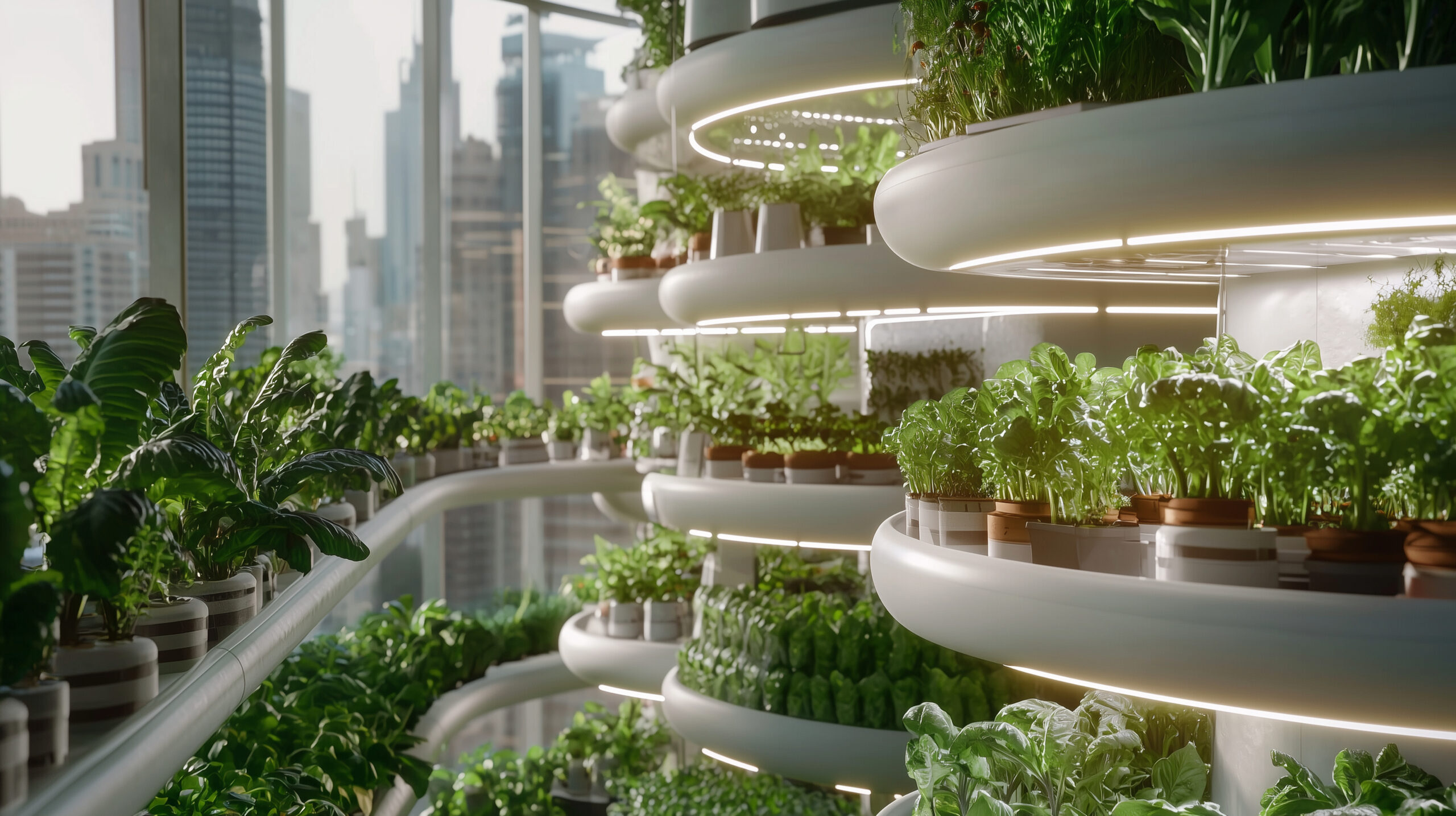Why I Started Teaching
When I first built my aeroponic growing system, SkyGrow, I wasn’t planning to teach anyone. I just wanted to grow food in a smarter way—something clean, compact, and efficient. But it didn’t take long before people started asking questions. Friends. Neighbors. Teachers. Restaurant owners. They’d see the towers in my backyard or hear about them through word of mouth, and they’d say, “Can you show me how to build one?”
At first, I walked people through it one-on-one. But I quickly realized that the interest wasn’t just technical—it was emotional. People weren’t just curious about growing lettuce. They were looking for some control, some agency, over where their food came from. That’s when I started hosting free community workshops.
I didn’t come from a teaching background. I had no curriculum or credentials. Just a folding table, a few prototype towers, and a willingness to share what I’d learned. And honestly? It changed the way I see the world.
What Food Sovereignty Really Means
When we talk about food sovereignty, we’re not just talking about farming. We’re talking about power—about having the ability to feed yourself and your community in a healthy, sustainable way. In some neighborhoods, that’s a luxury. In others, it’s a necessity.
At my workshops, I’ve met people who grew up with limited food options—places where convenience stores doubled as grocery stores, where fresh produce was rare, and fast food was a daily staple. I’ve met veterans looking for a new purpose. Teens who want to grow food at home because their parents can’t afford organics. Retirees on fixed incomes. Teachers trying to get kids excited about science and nutrition.
Food sovereignty isn’t a buzzword to them. It’s personal. It’s about reclaiming something that should never have been out of reach in the first place.
Teaching Is Two-Way Learning
One of the biggest things I’ve learned is that teaching isn’t a one-way street. Sure, I show people how to build the towers, mix nutrients, balance pH, and maintain their systems. But every session, I walk away with something new.
People bring creativity to the process. I’ve seen someone modify a tower using parts from an old garden hose. I’ve watched a teenager develop a way to grow strawberries horizontally. A grandmother once figured out a quicker way to drain and clean the reservoir—something I’d never thought to do.
These moments remind me that knowledge is meant to be shared and evolved. The tower is just a tool. The people who use it give it life.
Breaking Down the “Expert” Barrier
A lot of folks show up to the workshops thinking they’re going to be overwhelmed by science or tech. That’s the biggest barrier I try to break down: this idea that you need a degree or fancy tools to grow your own food.
I’ve made it a point to keep things simple. My towers don’t need apps or Wi-Fi. The instructions are handwritten. If something breaks, you can fix it with a screwdriver. I tell people: “If you can cook pasta, you can grow lettuce.” That usually gets a laugh, but it’s true.
Once people see how accessible it really is, you can feel the shift. They go from hesitant to excited—from “I’m not sure I can do this” to “I can’t wait to show this to my kids.” That shift is the most important part.
Empowering Youth and Veterans
Two groups I’ve especially loved working with are young people and veterans. For teens, gardening is a new kind of science class—one they can eat from. Watching them realize that they can grow their own food, that they don’t need land or a ton of money to do it, is powerful.
For veterans, the connection is often deeper. Many are looking for purpose after service. Growing food is hands-on, peaceful, and productive. It gives them something to nurture. I’ve had veterans come back and tell me that their gardens helped them through tough stretches, gave them a reason to get up in the morning. That kind of feedback stays with you.
Community First, Business Second
People often ask me why I don’t charge for the workshops. The truth is, they’re not a marketing tool. They’re the reason I do what I do. Yes, I sell towers and kits through UrbanRooted Innovations—but the workshops are where the mission comes to life.
When I see someone light up because their basil finally sprouted, or a classroom of kids sampling kale they grew themselves, I know I’m doing something worthwhile. That’s more valuable than any ad campaign or investor pitch.
We don’t need more “solutions” that only work for people with the latest devices and big budgets. We need systems that meet people where they are—and workshops are the perfect way to make that happen.
Looking Forward
If there’s one thing I’ve learned from teaching, it’s that people are hungry—for food, yes, but also for knowledge, connection, and confidence. My workshops may look simple—some folding chairs, a few grow towers, maybe a pot of coffee—but they’re spaces where people begin to take ownership of something vital.
Food sovereignty starts small. A tower in a classroom. A salad grown on a fire escape. A lesson passed from one neighbor to another. But it adds up.
I’ll keep teaching as long as people keep showing up. And I’ll keep learning from them, too—because community doesn’t grow in a vacuum. It grows the same way plants do: with time, attention, and a little shared sunlight.
